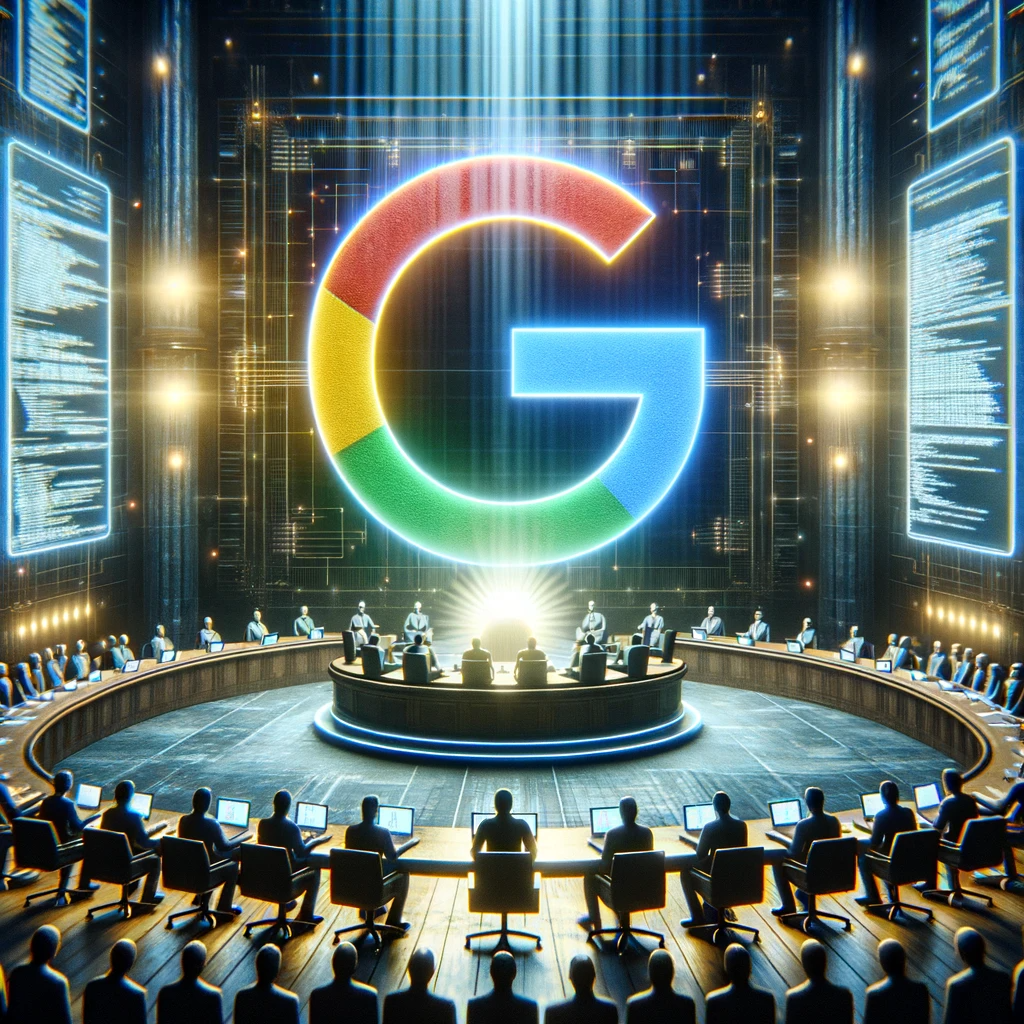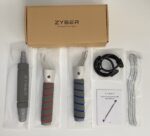Google faces 1.67 billion lawsuit over AI patents

January 12, 2024
Google, the Alphabet-led technology company, was brought before a federal jury in Boston to defend itself against charges by a computer scientist who claims it should pay his company $1.67 billion for infringing patents covering processors used to power artificial intelligence technology in Google products.
The allegations by computer scientist Joseph Bates
A lawyer for Singular Computing, founded by Massachusetts-based computer scientist Joseph Bates, alleged that Google copied Bates’ technology after having repeated meetings with him to discuss his ideas for solving a central problem in the development of artificial intelligence.
The lawyer, Kerry Timbers, argued that after Bates shared his processor innovations with Google from 2010 to 2014, the tech giant copied his patented technology instead of licensing it to develop its own chips to support artificial intelligence. Bates’ innovations were incorporated into Google’s Tensor Processing Units, which are used to support artificial intelligence features in Google Search, Gmail, Google Translate and other Google services, Kerry said.
Google’s internal emails
Internal emails cited in the case show that Google‘s current chief scientist, Jeff Dean, wrote to others about how Bates’ ideas might “be a really good fit” for what Google was developing. Another employee, in an email, said he was “quite corrupted by Joe’s ideas.”
“This case is about something we all learned a long time ago: respect for others, don’t take what doesn’t belong to you and give credit where credit is due,” Timbers told the jury in his opening statement.
Google’s defense
A lawyer for Google, Robert Van Nest, countered by claiming that the Google employees who designed its chips had never met Bates and had designed them independently of the workers who did.
He called Bates “a disappointed inventor” who repeatedly failed to convince a host of companies, including Meta Platforms, Microsoft, Amazon.com Inc and OpenAI, creator of ChatGPT, to use his technology. Van Nest said Bates’ technology used rough math that can generate “incorrect” calculations.
“Google’s chips are fundamentally different, fundamentally different, from what is described in Singular’s patents,” Van Nest told the jury.
The claim for damages
Before the trial, Google said Singular had sought up to $7 billion in monetary damages for infringement of its two patents. During the trial, Timbers said Google should pay $1.67 billion.
Google introduced its processing units in 2016 to power artificial intelligence used for speech recognition, content generation, ad recommendations and other functions. Singular has argued that versions 2 and 3 of the units, introduced in 2017 and 2018, infringe its patent rights.
A U.S. appeals court in Washington also heard arguments Tuesday on the validity of Singular’s patents in a separate case that Google has challenged at the U.S. Patent and Trademark Office.
“This case is about something we all learned a long time ago: respect for others, don’t take what doesn’t belong to you and give credit where credit is due” – Kerry Timbers, attorney for Singular Computing.








